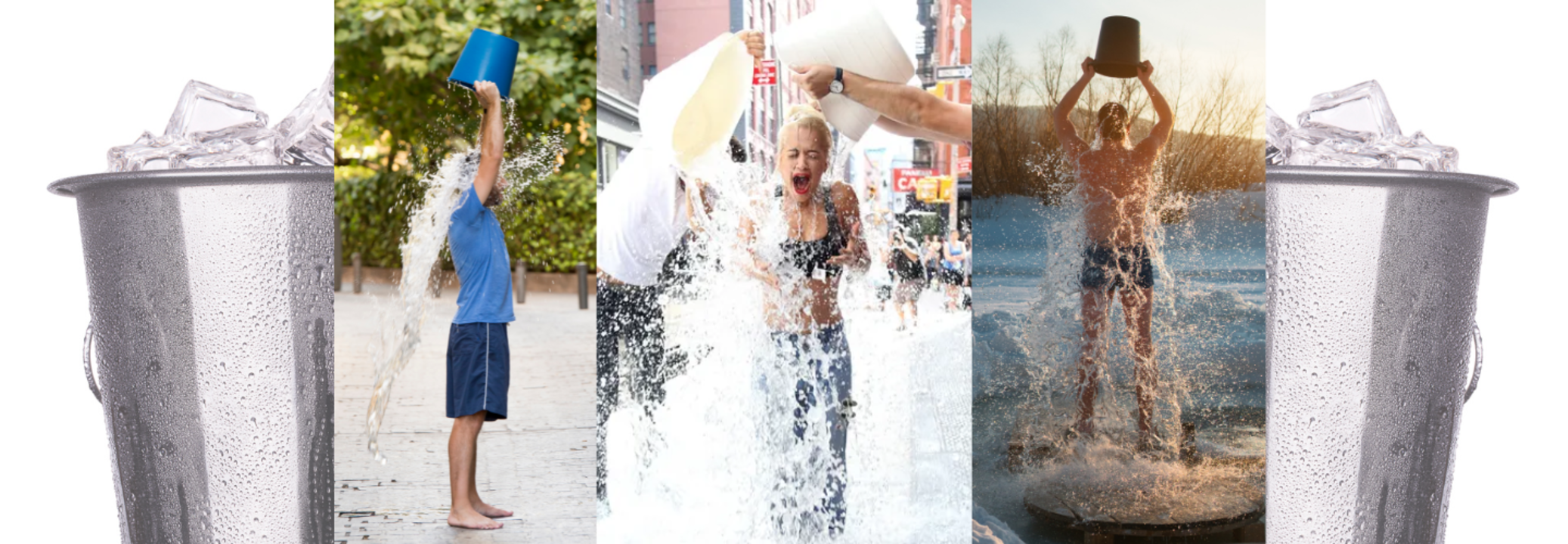Ice Bucket Challenge Returns In 2025 With A Powerful New Mission

SummaryThe Ice Bucket Challenge, reimagined by USC students, raises funds and sparks conversations about mental health, aiming to make open discussions a norm, while benefiting Active Minds.
End of Article
